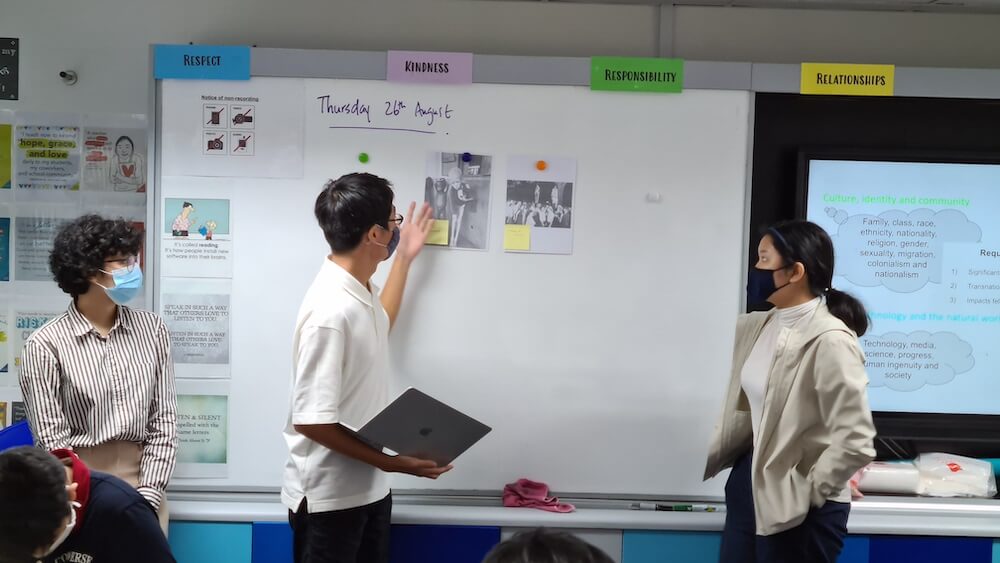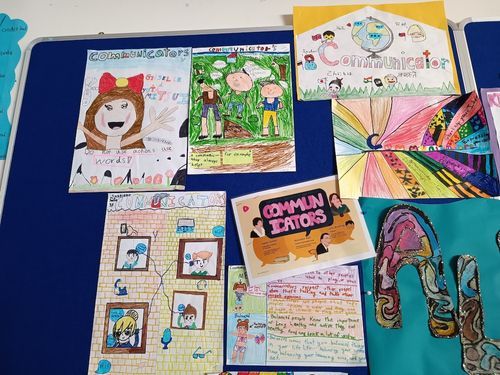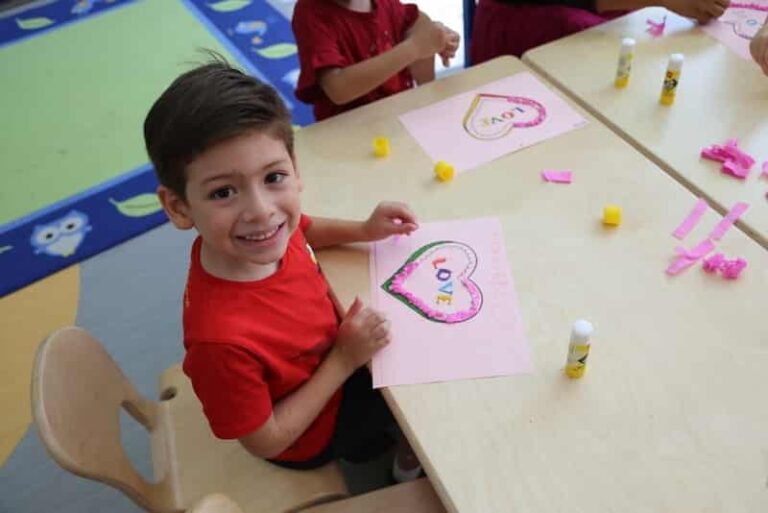Communication is one of the most critical skills that a person develops over the course of their lifetime. Someone who communicates clearly and effectively will be a better collaborator and leader, and they will be more likely to excel in their personal and professional spheres. This is why the IB Learner Profile includes being a good communicator.
According to the IB, a communicator is a student who expresses their ideas in various ways, including drawing, writing and speaking. In addition, a communicator is someone who actively listens to others and responds to another person in an empathetic and compassionate way. For instance, in the classroom setting, students who are communicators will greet one another as well as their instructor. They also will listen and respond to their classmates, acknowledging their insights, perspectives and ideas.
Developing Communicators in a Classroom Setting

When communication in the classroom is a priority, communicators naturally develop within the school setting. At One World International School, teachers facilitate discussion and encourage communication among all their students. This is done through the spoken and written word and through movement and language. Students become communicators with their peers by dancing, singing and playing together, too!
Our teachers, instructors and staff members actively work to transform all of our students into communicators. We build this attribute in our students by:
- Implementing an inquiry-based curriculum that ensures that students are always engaging in discussion. If you walk into any classroom at the OWIS Nanyang or OWIS Suntec campus, you will hear insightful and respectful conversations taking place between students and teachers.
- Involving students in their learning experience. We empower our students by giving them an opportunity to plan their learning experiences and assess their results, ultimately encouraging them to use their voices as they hone their interests and skills.
- Requiring students to complete projects and participate in exhibitions in which they have to practise the speaking skills that they have learned. Many of the projects involve multiple components, such as research and development, writing and oral presentations. In some cases, they present their projects to their teacher and classmates. In other situations, they create an exhibition with their peers in which they present their findings to parents and other interested members of the community. These events allow them to practise and hone their public speaking skills, giving them a foundation to build upon for the rest of their lives.
- Encouraging students to pursue their interests and passions while completing their coursework. Student agency is an integral component of the curriculum plan at OWIS Nanyang and OWIS Suntec. By giving students a chance to dive deeper into their interests, they naturally develop their confidence and can effectively communicate their opinions about a chosen topic.

Helping children become communicators at home
While students can develop speaking skills in the classroom, communication also needs to be worked on outside of the school setting. These are a few ways that you can help your child become a more effective communicator:
- Engage your child in meaningful conversation. Ask open-ended questions about their day at school, and listen intently to their responses. Model positive communication behaviour and your children will start to follow suit.
- Give your child access to reading materials in your home. Keep books and magazines in easy-to-reach places where your children will likely see them.
- Play music, sing and dance with your child. Show them that music is a wonderful way to express themselves and release their feelings.
- If your child is in secondary school, you should make it a point to discuss the news daily with them. Your child may not be reading the newspaper or watching the news on TV, but they will likely hear about important current events at school. Giving your child honest, factual information and allowing them to develop an opinion on the news increases their confidence when communicating.
- Keep in mind that children of all ages — especially teenagers — need praise and reassurance. Small strokes of praise for your teenager on a regular basis will encourage them to keep an open line of communication with you. Through regular contact like this, your child will become a skilled communicator who enjoys the art of conversation.
As one of the leading international schools in Singapore, we actively work to develop all of the personality traits included in the IB Learner Profile. Our students naturally develop these attributes due to our innovative curriculum and passionate teachers. For more information about how the IB Learner Profile is implemented at OWIS, contact us today to schedule a campus tour of either our OWIS Nanyang campus or our OWIS Suntec campus.
This blog was originally written in collaboration with Jasween Gill, former Admissions and Communications Director, OWIS Nanyang and Suntec.














